In the rapidly evolving digital landscape, businesses need to constantly adapt to stay competitive. One of the most revolutionary advancements in recent years is the rise of artificial intelligence (AI) in marketing. AI technologies are enabling brands to create more personalized, efficient, and data-driven marketing strategies.
This article explores the most powerful AI-powered marketing strategies that can help businesses maximize their marketing efforts, enhance customer engagement, and drive sales.
1. Personalization at Scale

Personalization has long been a cornerstone of successful marketing, but with AI, businesses can now deliver hyper-personalized experiences at scale. AI-driven personalization uses data to understand consumer preferences and behaviors, tailoring content, offers, and recommendations to individual users.
How AI Powers Personalization:
- Customer data analysis: AI analyzes vast amounts of data from customer interactions, including website visits, past purchases, and social media activity, to build detailed customer profiles.
- Automated content delivery: Platforms like Dynamic Yield and Optimizely use AI to modify website content, product recommendations, and offers in real-time, based on the visitor’s previous behavior and preferences.
For example, an e-commerce store like Amazon uses AI to recommend products that customers are most likely to purchase based on their browsing history and previous purchases. This not only increases sales but also creates a more engaging shopping experience for the customer.
By implementing AI-powered personalization, businesses can boost engagement, conversion rates, and customer loyalty, as customers feel understood and valued.
2. Chatbots and Conversational AI
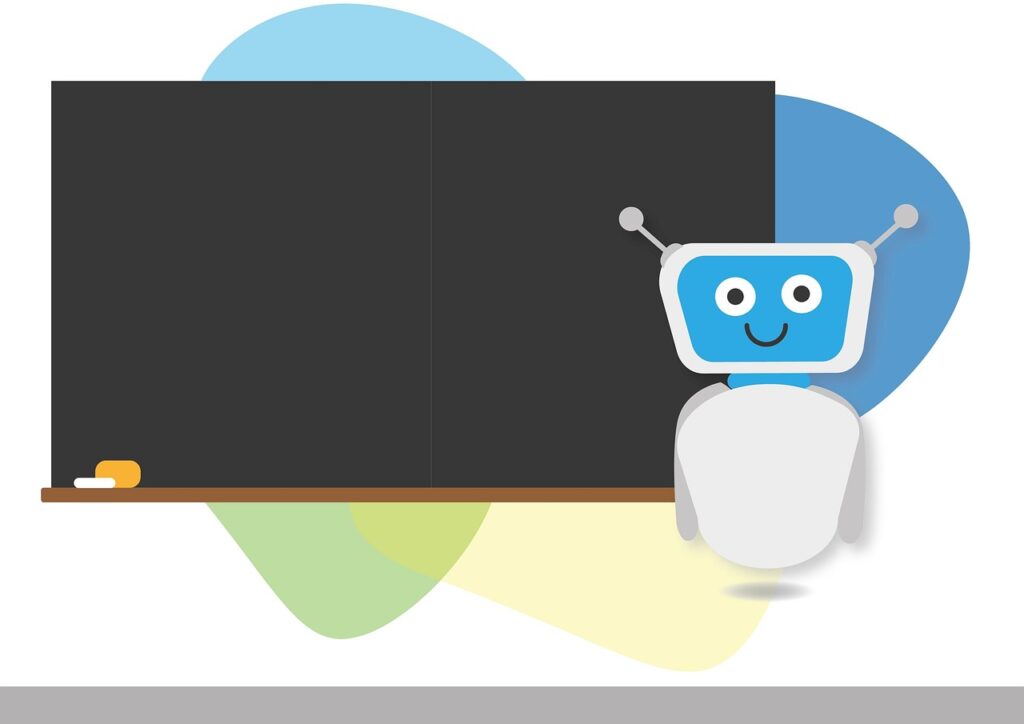
AI-powered chatbots and conversational AI have revolutionized customer service and sales processes. These intelligent systems can engage with customers in real time, offering assistance, answering queries, and even guiding them through the sales funnel.
Use Cases of AI Chatbots:
- Customer service: Chatbots like Drift and Intercom can handle frequently asked questions (FAQs), reducing the need for human intervention. This ensures customers get immediate responses 24/7.
- Lead generation: AI chatbots can qualify leads by asking a series of pre-programmed questions and capturing important information such as contact details and pain points.
- Sales assistant: Conversational AI, such as ChatGPT-powered systems, can guide potential customers through the purchase process, offer upsells, and even recommend additional products based on preferences.
A great example of this is H&M, where an AI-powered chatbot assists customers by suggesting outfits based on their preferences, helping to drive sales and improve the customer experience.
By incorporating chatbots into your marketing strategy, you can automate a large portion of your customer interactions, improve lead generation, and provide seamless support.
3. Predictive Analytics
Predictive analytics powered by AI takes the guesswork out of marketing. By analyzing historical data, AI models can predict future customer behavior and help businesses make data-driven decisions.
How AI Predicts Behavior:
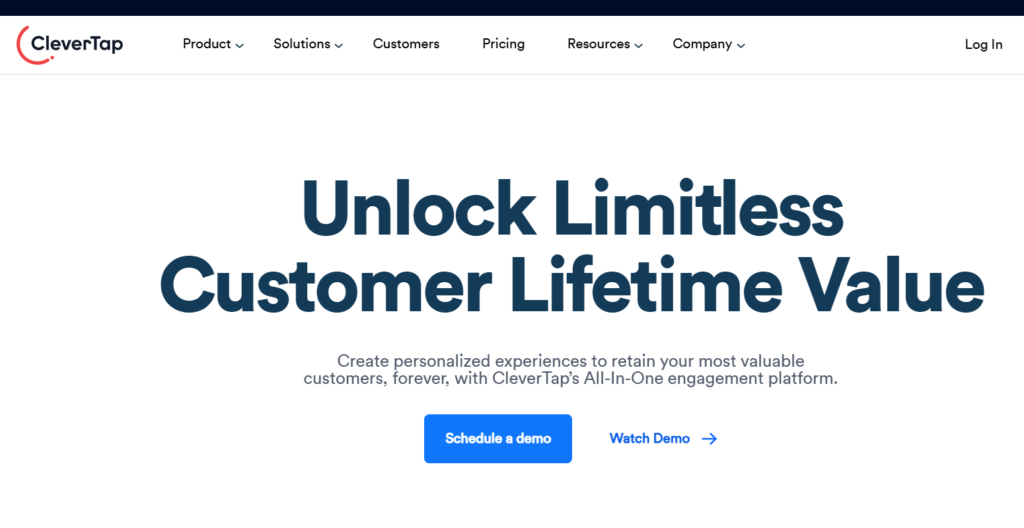
- Customer segmentation: AI uses data to predict which customers are most likely to convert or churn, allowing businesses to create targeted marketing campaigns.
- Sales forecasting: AI models can analyze past sales data and predict future trends, helping companies optimize inventory and plan marketing efforts accordingly.
- Churn prediction: AI tools like CleverTap can identify customers who are at risk of leaving and trigger retention strategies, such as special offers or personalized outreach.
For example, a company like Netflix uses AI to predict what content users will be interested in, driving engagement and retention. Similarly, e-commerce brands use AI to forecast demand for specific products, ensuring they have the right stock at the right time.
By leveraging predictive analytics, businesses can make smarter decisions, allocate resources more effectively, and proactively address customer needs before they arise.
4. Content Generation and Optimization

Content is king in digital marketing, but creating quality content consistently can be time-consuming. AI is making it easier by automating the process of content creation and optimization.
AI Tools for Content:
- AI-powered writing assistants: Tools like Jasper (formerly Jarvis) and Copy.ai generate blog posts, social media updates, and even product descriptions based on simple prompts.
- SEO optimization: AI tools like Surfer SEO and MarketMuse can analyze existing content and suggest improvements, including keyword optimization, readability enhancements, and content structure adjustments.
AI can also optimize content for engagement. For instance, BuzzSumo uses AI to analyze which types of content perform best within specific industries, giving marketers valuable insights into what their audience is searching for.
Using AI for content generation and optimization can significantly increase content production efficiency, while also ensuring the content is highly relevant and engaging for your target audience.
5. Email Marketing Automation
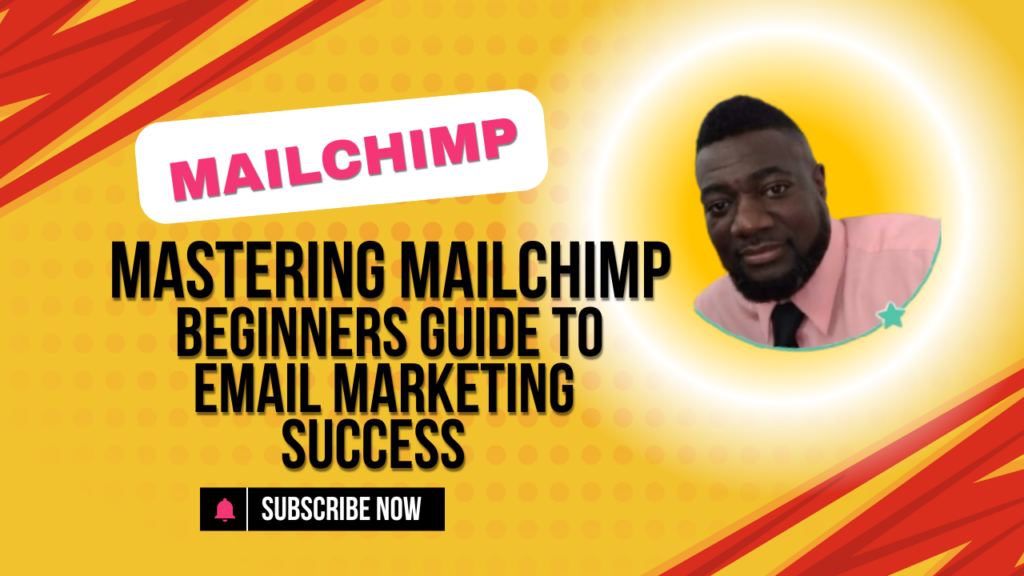
Email marketing remains one of the most effective digital marketing channels, and AI is transforming how businesses approach it. AI-driven email marketing platforms can automate the entire process, from segmentation to personalized content delivery.
How AI Enhances Email Marketing:
- Segmentation: AI can segment email lists based on customer behavior, preferences, and demographics. Tools like Mailchimp and ActiveCampaign use AI to identify patterns in customer data, allowing businesses to send highly personalized emails.
- A/B testing: AI can automatically test various subject lines, content, and call-to-action (CTA) buttons to determine what resonates best with each segment of your audience.
- Behavioral triggers: AI can send personalized emails based on user actions, such as cart abandonment or browsing history, ensuring timely and relevant communication.
For example, Spotify uses AI to send personalized email playlists based on users’ listening history, creating an engaging and personalized experience that encourages users to engage with the app more frequently.
By utilizing AI for email marketing automation, businesses can increase open rates, improve customer engagement, and ultimately boost sales.
6. Social Media Monitoring and Sentiment Analysis
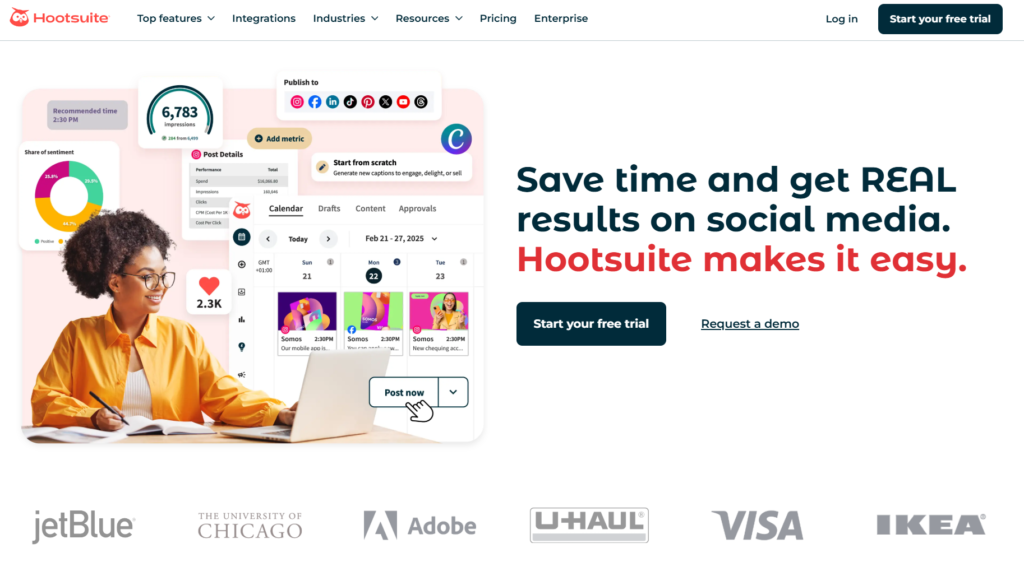
AI-powered social media monitoring and sentiment analysis tools can track online conversations about your brand, competitors, and industry, helping you stay ahead of trends and manage your reputation effectively.
How AI Monitors Social Media:
- Sentiment analysis: AI can analyze social media posts to determine the overall sentiment around your brand, whether positive, negative, or neutral. Tools like Brandwatch and Hootsuite use AI to gather and analyze customer sentiment in real-time.
- Trend spotting: AI can detect emerging trends and hashtags, allowing businesses to join conversations that matter. For example, Google Trends uses AI to spot trending keywords and topics, enabling marketers to create timely and relevant content.
An example of AI-driven sentiment analysis in action is Coca-Cola, which uses AI tools to track brand mentions and measure customer sentiment, enabling the brand to adjust its messaging or address concerns swiftly.
By monitoring social media with AI, businesses can gain insights into how customers perceive their brand and adjust their marketing strategies accordingly.
7. Ad Targeting and Optimization

AI is revolutionizing digital advertising by enabling businesses to target the right audience with the right message at the right time. AI-powered ad targeting ensures that marketing spend is more efficient, driving better results at lower costs.
How AI Improves Ad Campaigns:
- Dynamic ad creation: AI tools like Google Ads and Facebook Ads use machine learning to optimize ad creatives in real time, adjusting them based on user interaction and behavior.
- Real-time bidding: AI-powered platforms automatically adjust bids for ad placements, ensuring that your ads appear to the most relevant audience while optimizing your ad spend.
- Ad performance tracking: AI tools like AdRoll use predictive algorithms to monitor ad performance and suggest adjustments to improve ROI.
An example of this is Facebook Ads, where AI analyzes user behavior and interests to serve highly targeted ads, increasing the likelihood of conversion.
By implementing AI in your ad campaigns, you can improve targeting accuracy, reduce ad spend, and maximize the effectiveness of your advertising efforts.
8. Voice Search Optimization

With the rise of voice-activated devices like Amazon Alexa and Google Assistant, optimizing content for voice search has become critical. AI is at the forefront of making voice search more accurate and effective.
Voice Search Trends:
- Natural language processing (NLP): AI-powered voice assistants rely on NLP to understand human language, making voice search more conversational and intuitive.
- Long-tail keywords: AI tools like Moz and Ahrefs help businesses identify long-tail keywords that are commonly used in voice searches, which often differ from traditional text-based queries.
As an example, Domino’s allows customers to order pizza via voice commands using Amazon Alexa. This convenience enhances the customer experience and encourages repeat business.
Optimizing your content for voice search ensures your business stays relevant as voice search continues to grow in popularity.
9. Customer Journey Mapping
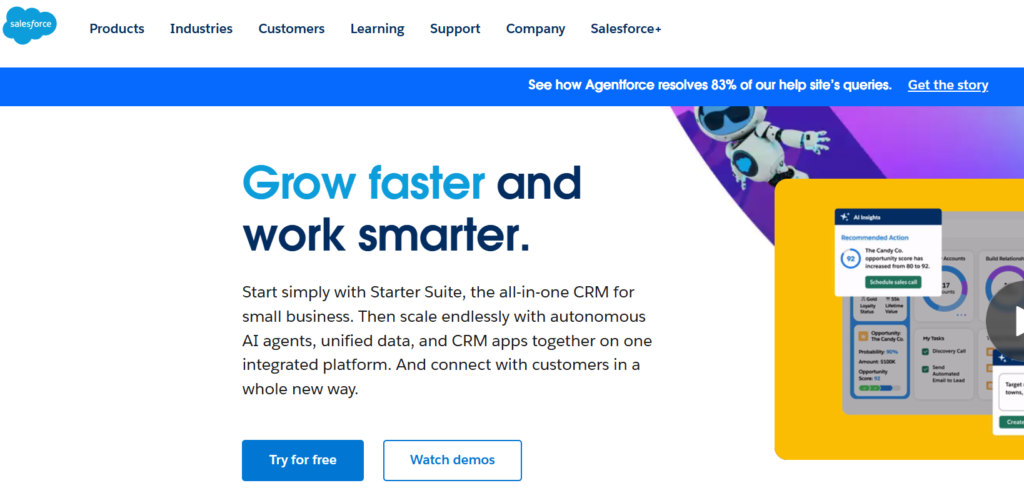
AI can help businesses track and optimize the entire customer journey, from the first point of contact through to conversion and retention.
How AI Enhances Customer Journey Mapping:
- Behavior tracking: AI tools like HubSpot and Salesforce track every customer interaction, from website visits to email opens and social media engagements.
- Personalized touchpoints: AI can suggest the next best action to take at each touchpoint, ensuring a seamless journey that is customized to each individual’s preferences and behavior.
For example, Amazon uses AI to track a user’s browsing and purchase history, allowing the platform to recommend products at the right moments in the shopping journey.
By using AI to map the customer journey, businesses can anticipate customer needs, increase conversion rates, and enhance customer satisfaction.
10. Programmatic Advertising
Programmatic advertising uses AI to automate the process of buying and placing ads. It relies on algorithms to bid for ad space in real-time, targeting the most relevant audiences with precision.
How AI Powers Programmatic Ads:
- Real-time bidding (RTB): AI algorithms make automated bids on ad inventory in real time, ensuring your ads reach the right audience at the optimal price.
- Audience targeting: AI analyzes data to identify the ideal audience for your ads based on factors like behavior, location, and demographics.
The Trade Desk and Xandr are platforms that utilize AI to automate the buying process, increasing ad relevance and improving ROI.
AI-powered programmatic advertising helps businesses save time, reduce costs, and improve targeting accuracy.
Conclusion
The integration of AI-powered marketing strategies is no longer a luxury but a necessity for businesses aiming to stay competitive in the digital world. From personalized content and predictive analytics to AI-driven chatbots and programmatic advertising, AI is enhancing every aspect of marketing.
By adopting these technologies, businesses can optimize their marketing efforts, engage customers more effectively, and ultimately drive higher ROI. Whether you’re a small startup or an established enterprise, now is the time to embrace AI in your marketing strategy and unlock new growth opportunities.




